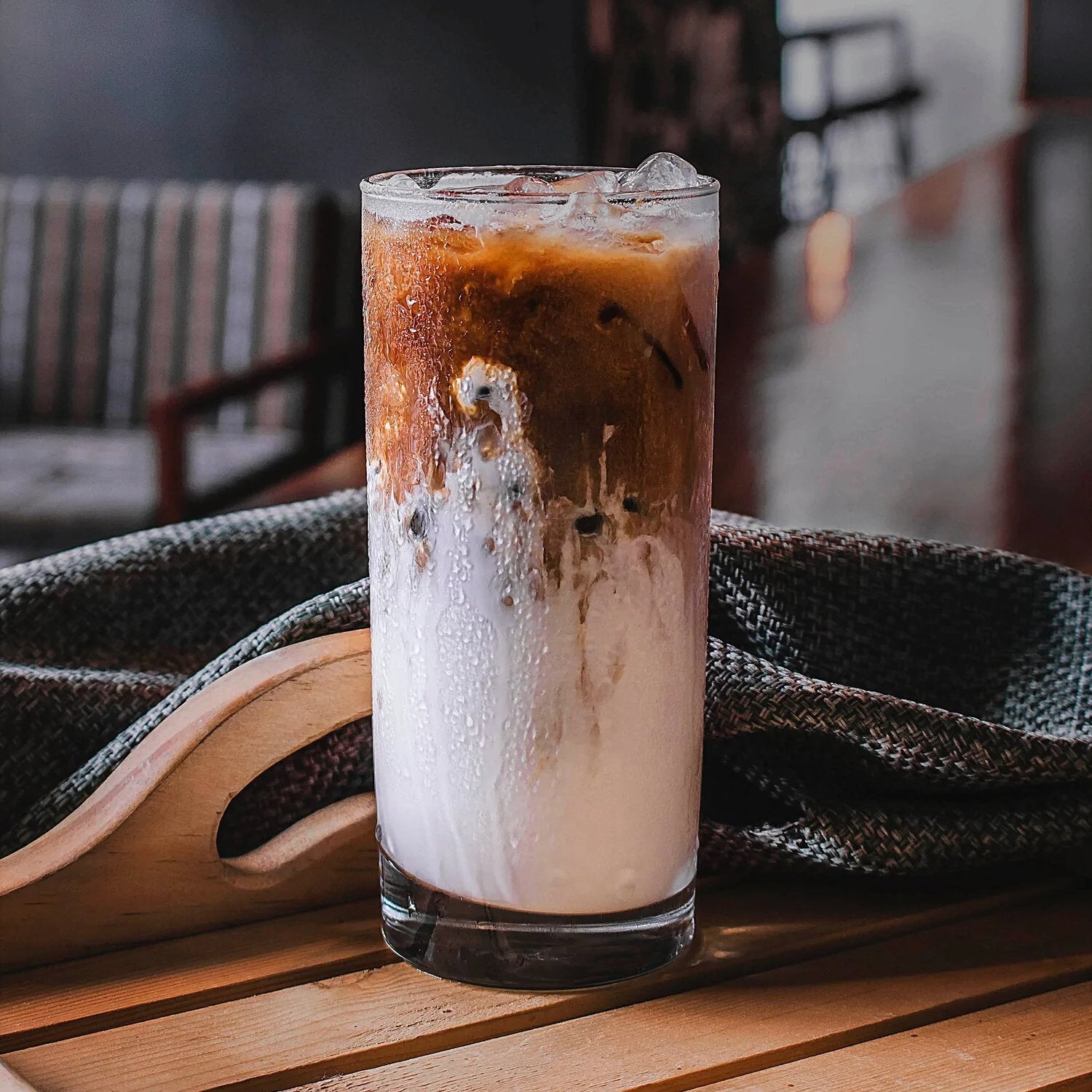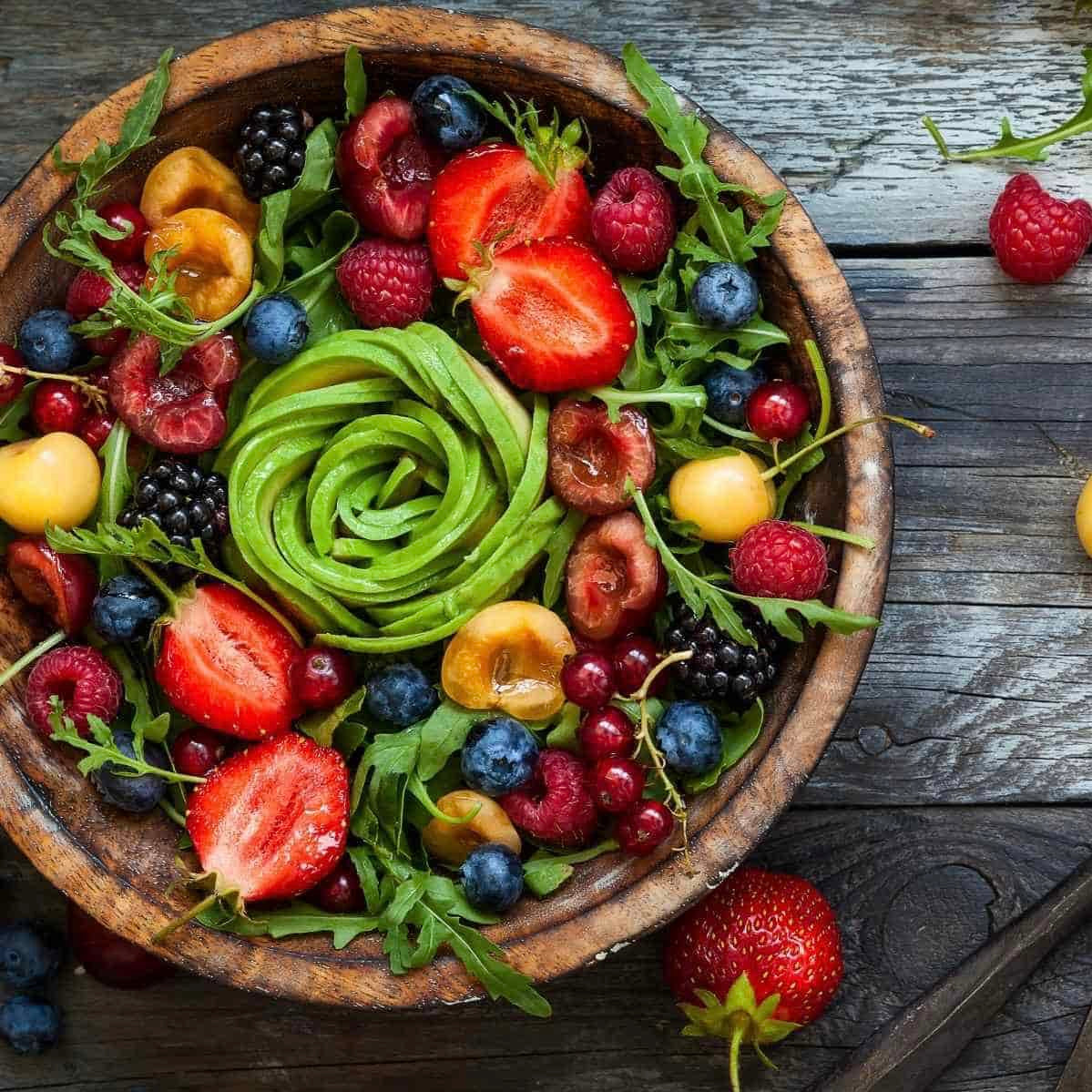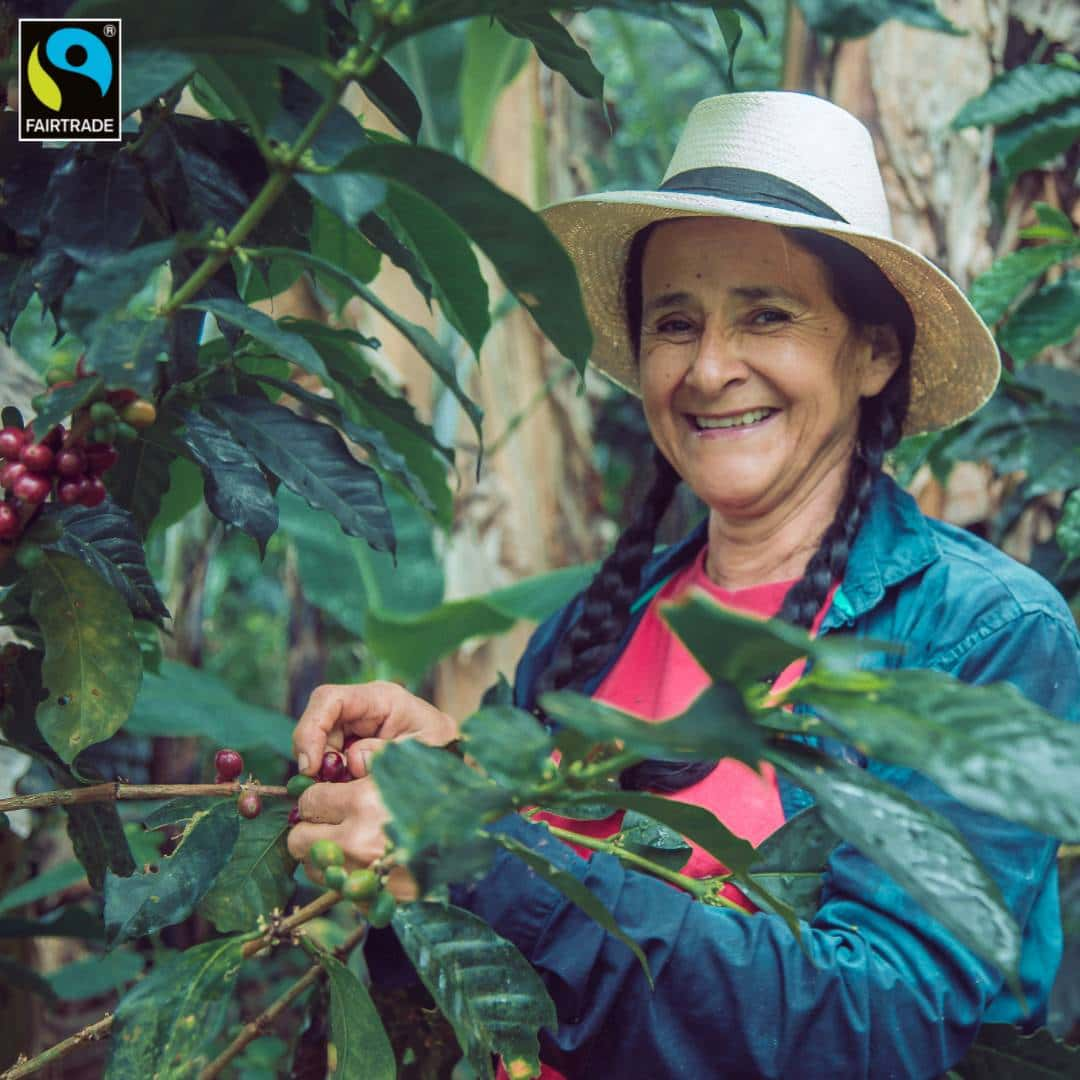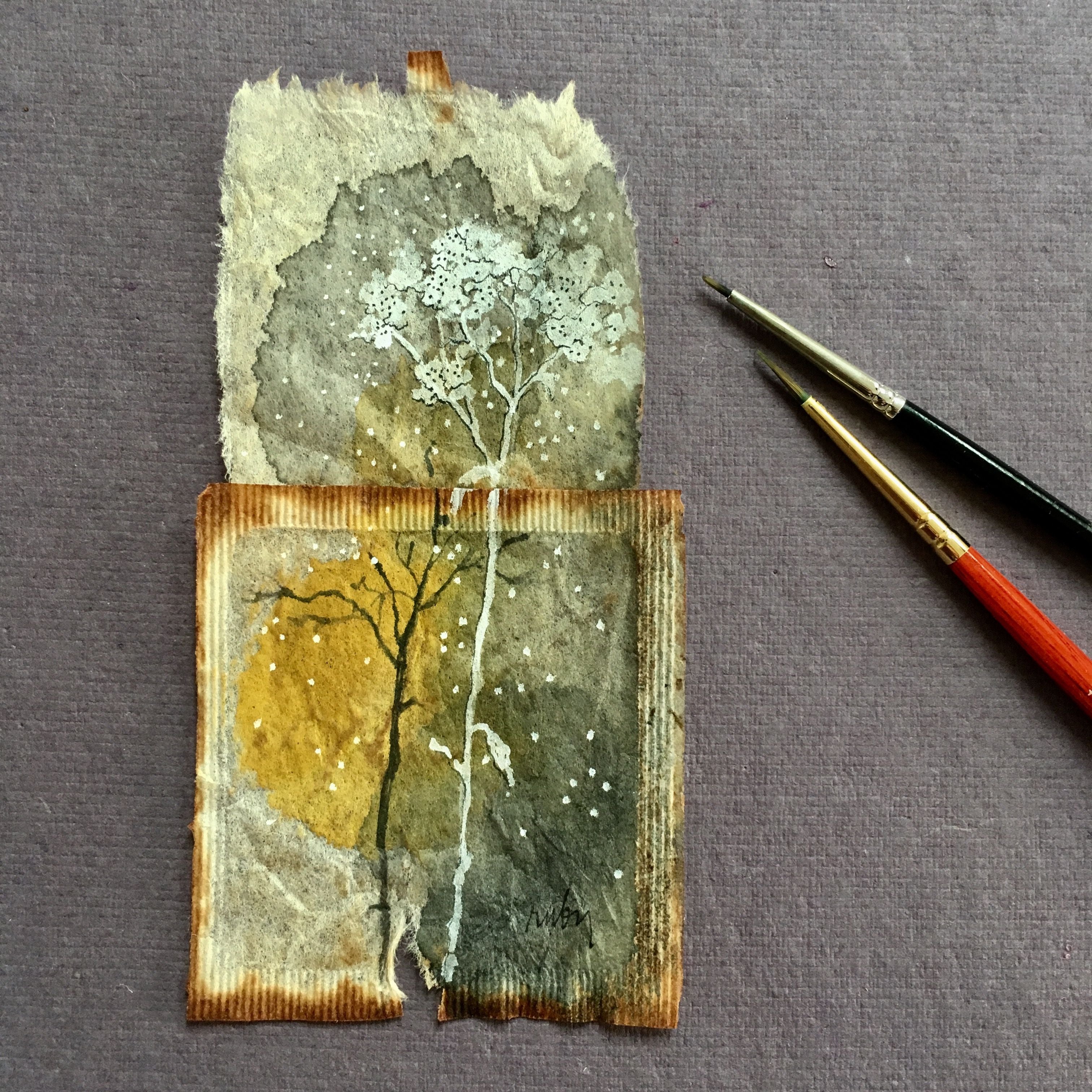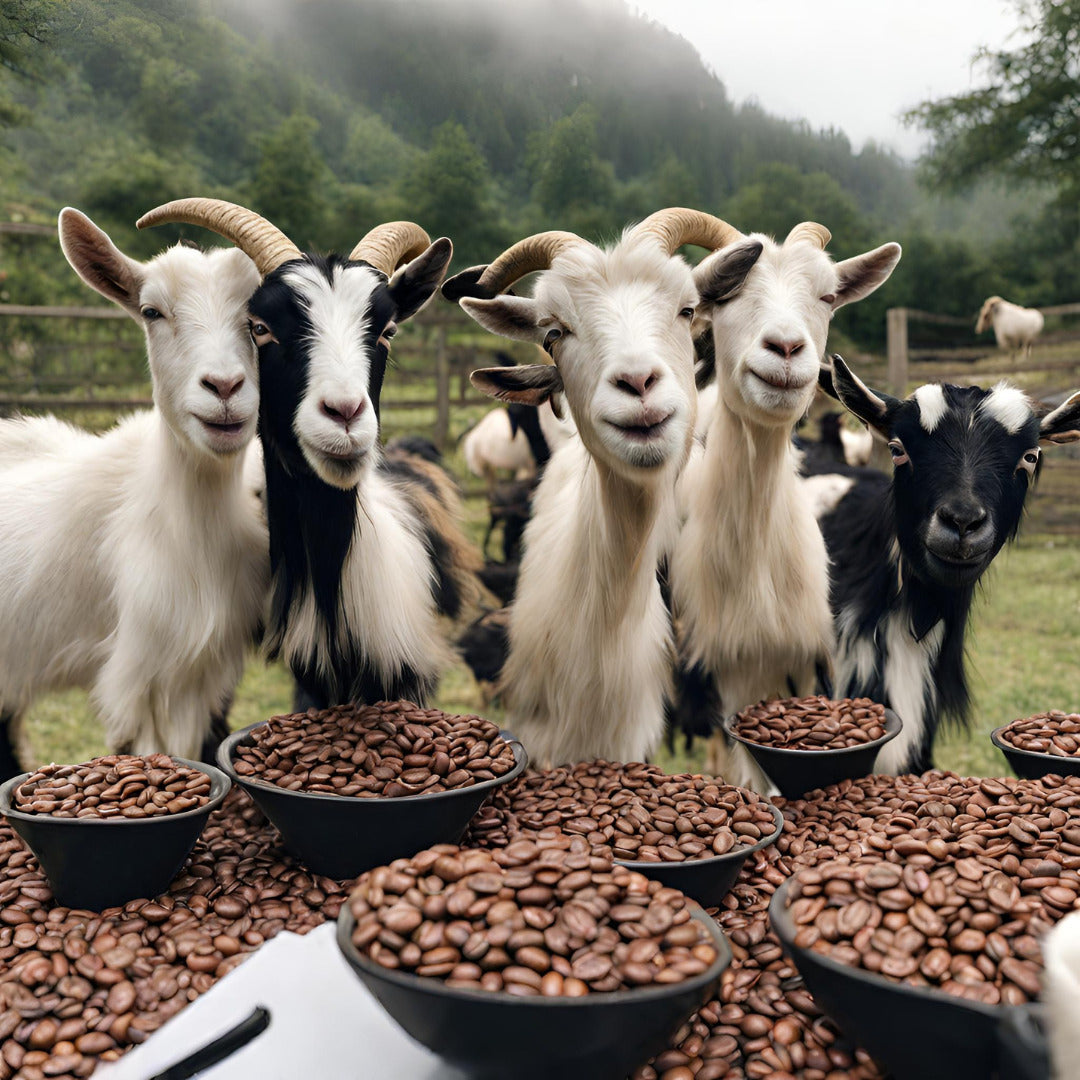Could Coffee Become Extinct?
Coffee is facing a number of challenges that could impact its long-term sustainability and availability. Find out what you can do about that...
February 2023
By Jason Nichols / 5 min read

Could Coffee Become Extinct?
Coffee is one of the most widely traded commodities in the world, enjoyed by millions of people every day. However, despite its popularity, coffee is facing a number of challenges that could impact its long-term sustainability and availability. In this blog post, we will explore the reasons why coffee could become extinct, and how Fairtrade and organic certifications are helping to protect coffee and promote sustainable and responsible farming practices.
Why Coffee Could Become Extinct?
1. Climate Change: Rising temperatures and changing rainfall patterns are affecting the suitability of traditional coffee growing regions, and could lead to the loss of suitable land for coffee cultivation. This could result in a reduction in coffee production and a decline in quality.
2. Deforestation: Coffee is often grown in areas that are prone to deforestation, as land is cleared for agriculture and other uses. This can lead to soil degradation, loss of habitat for wildlife, and a reduction in the biodiversity of the region.
3. Diseases: Coffee plants are vulnerable to a number of diseases, including coffee leaf rust and coffee berry disease, which can significantly reduce yields and impact the quality of the coffee.
The Importance of Fairtrade and Organic Certifications
Fairtrade and organic certifications play an important role in protecting coffee from becoming extinct by promoting sustainable and responsible farming practices that help to conserve the environment and ensure the long-term viability of coffee production.
• Fairtrade Certification: By ensuring that farmers receive a fair price for their products, Fairtrade helps to protect coffee farmers from the volatile and unpredictable market prices that can have a devastating impact on their livelihoods. This helps to ensure that coffee farming remains a viable and sustainable business, and contributes to the long-term stability of coffee production.
• Organic Certification: By promoting environmentally-friendly farming practices and prohibiting the use of harmful chemicals, organic certification helps to conserve the soil, water, and biodiversity of coffee growing regions. This contributes to the long-term sustainability of coffee production and helps to ensure that future generations will have access to the same quality and quantity of coffee as we do today.
But Fairtrade and Organic certifications don't just benefit the coffee, it also benefits the farmers in a number of ways:
1. Fair Prices: By receiving a fair price for their products, farmers are able to cover their costs, invest in their businesses, and support their families.
2. Improved Working Conditions: Fairtrade and organic certifications promote responsible and sustainable farming practices, including fair labour practices and improved working conditions for farmers and their families.
3. Support for Community Development: Fairtrade and organic certifications support community development initiatives, such as education, health, and infrastructure projects.
And all of this means that as purchasers and consumers of ethically and sustainably sourced coffee, we benefit from:
• High Quality Coffee: By promoting sustainable and responsible farming practices, fairtrade and organic certifications help to ensure the quality and flavor of coffee.
• Environmentally-Friendly: By promoting environmentally-friendly farming practices and reducing waste, fairtrade and organic coffee helps to conserve natural resources and protect the environment.
• Supporting Farmers: By purchasing fairtrade and organic coffee, consumers can help to support coffee farmers and their communities, and contribute to their long-term viability and success.
In conclusion, while coffee may not become extinct in the near future, it is facing challenges that could impact its long-term sustainability, and it is important to address these challenges in order to ensure the continued availability and quality of coffee for future generations. Fairtrade and organic certifications play a crucial role in promoting sustainable and responsible farming practices, and help to protect coffee, support farmers, and ensure high-quality coffee for consumers.
Thank you for supporting us on our mission to make Fairtrade and Organic coffee more widely available.
Shop FAIRTRADE & ORGANIC COFFEE
More Curious Reads On Our Blog
How to make your favourite café-styled iced coffee at home
When the weather is hot, a cup of hot coffee is not always everyone's cup of tea! But you can still get your coffee fix in hot weather, by drinking one of the many iced coffee variations that are now available.
The Best Vegan Easter Rocky-Road Brownie
Easter is almost upon us. An amazing time of year, it’s traditionally a time to gorge on chocolate after enduring six weeks weeks of lent. More often however, it’s a time to enjoy some sweet treats and maybe an easter egg with the family.
Is Vegan the Future?
Why go vegan and what are its benefits for people and the planet. There are a couple of reasons that people go vegan. Three of the most common are for animal welfare, diet or health purposes and environmental. As we wrap up ‘Veganuary’, we wanted to discuss our thoughts on the vegan movement.
Why we are Fairtrade
What does Fairtrade mean and why is it good for people and the planet. The Fairtrade Foundation exists as an extension of the international Fairtrade brand which has a significant global presence. They have developed the highly recognisable ‘Fairtrade Mark’ which certifies products as meeting Fairtrade standards.
Infusing Creativity: How to Repurpose Coffee Bags
Ever wondered if you can reuse your coffee bag? Whilst a second brew might not have the best flavour, there are plenty of other ways to give these coffee bags a second life! From cultivating greenery to inventive art projects, the possibilities are as varied as the coffee blends themselves. Here are some creative ideas for you...
Sipping Through Time: Fun Facts About the History of Coffee
Want to learn about an abbot who ignited the coffee revolution, punishments for those who broke coffee bans, record-breaking bean prices and coffee’s pioneering role in food tech? Here are some impressive facts for you. How well do you know your cuppa?




